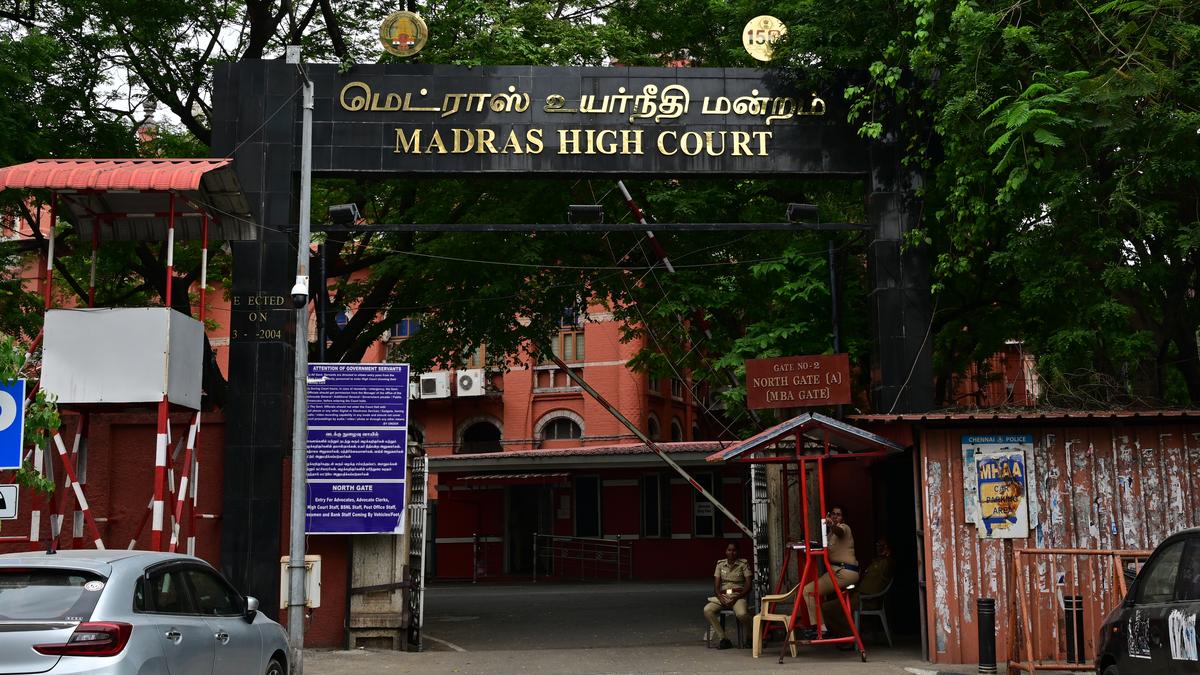Now Reading: Madras High Court Halts Cuddalore Farmer Evictions Pending Land Encroachment Act Review
-
01
Madras High Court Halts Cuddalore Farmer Evictions Pending Land Encroachment Act Review
Madras High Court Halts Cuddalore Farmer Evictions Pending Land Encroachment Act Review

Quick Summary
- The Madras High Court has restrained the Cuddalore district administration from evicting farmers occupying government land until a statutory revision plea is disposed of by the Revenue Secretary.
- The court recorded that the plea must be resolved within 20 days and any coercive action will depend on the orders issued in this statutory revision.
- Orders,including those favoring eviction,must be served to farmers within 5 working days and kept in abeyance for 10 days to allow them time for judicial review.
- The case involves 22 farmers cultivating crops such as cashew, coconut, sugarcane, and jasmine on lands classified as Tharisu (waste lands) for several decades.
- Farmers’ applications for land ownership documents (patta) have been pending with authorities. A prior notice of eviction under Section 7 of the tamil nadu Land Encroachment Act was issued by officials in December 2024.
- After an appeal was rejected by the Collector earlier in June 2025, renewed efforts to evict were met with resistance and further legal challenges filed.
Indian Opinion analysis
This decision by the Madras High Court underscores both legal complexities surrounding land encroachment disputes and concerns about preserving agricultural livelihoods. While it reinforces procedural fairness by preventing immediate eviction until a statutory revision is heard, it also highlights longstanding bureaucratic delays tied to applications for patta documents. For affected farmers cultivating waste lands over decades without official ownership recognition, resolution is critical not only for safeguarding livelihood but also ensuring clarity regarding property rights.The directives guaranteeing judicial review before enforcing adverse decisions may promote trust in administrative processes while balancing individual rights against institutional prerogatives. However, timely disposal of appeals is essential to avoid prolonged litigation that could impede governance or further destabilize rural communities growing dependent on disputed public land. Observations made here reflect broader issues around equitable access to resources amidst evolving agrarian dynamics.

























